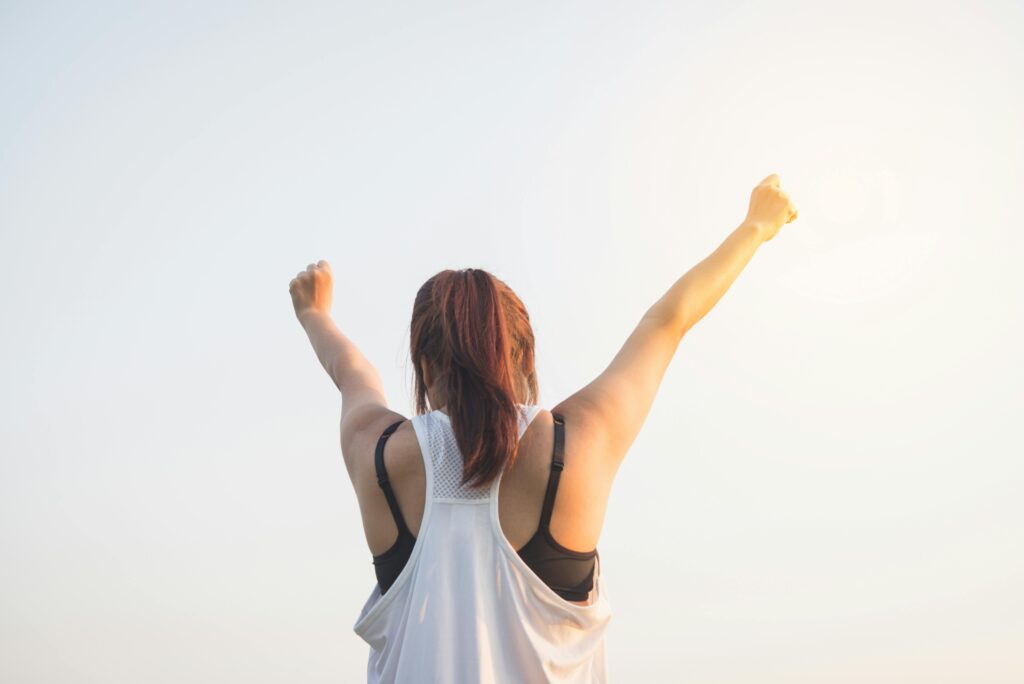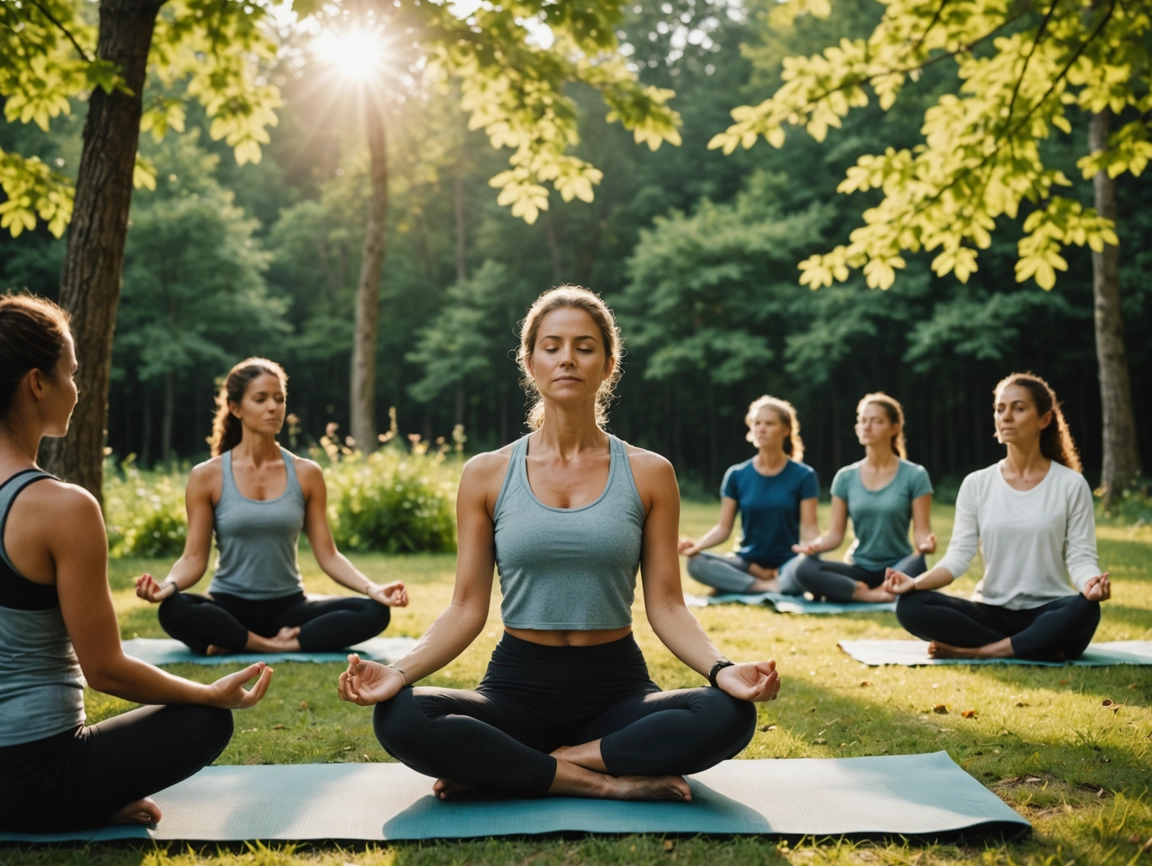
Anxiety is a common mental health condition that affects millions of people worldwide. It can range from mild nervousness to overwhelming fear and panic. While medical treatments and therapy are essential for many, several natural techniques have also been proven to reduce anxiety effectively. These methods support mental well-being without the need for prescription medication. In this article, we will explore practical and research-backed techniques for managing anxiety naturally.
Understanding Anxiety
Before diving into the remedies, it’s crucial to understand what anxiety is. Anxiety is the body’s natural response to stress. It’s a feeling of fear or apprehension about what’s to come. Occasional anxiety is normal, but chronic anxiety can interfere with daily life. Symptoms include restlessness, rapid heartbeat, fatigue, difficulty concentrating, and sleep disturbances. Managing anxiety naturally requires a holistic approach targeting the mind, body, and lifestyle.
1. Practice Deep Breathing and Relaxation Techniques
One of the simplest and most immediate ways to calm anxiety is through deep breathing. Shallow, rapid breathing often accompanies anxiety and worsens symptoms. In contrast, deep, slow breathing activates the body’s relaxation response.
Technique: Try inhaling slowly through your nose for a count of four, holding your breath for four seconds, and exhaling through your mouth for a count of six. Repeat this cycle for a few minutes.
Other practices include:
- Progressive muscle relaxation (tensing and relaxing each muscle group)
- Guided imagery (visualizing peaceful scenes)
- Mindfulness meditation
These methods help reset the nervous system and reduce anxious thoughts.
2. Regular Physical Exercise
Exercise is a powerful natural anxiety reliever. Physical activity boosts the production of endorphins—chemicals in the brain that act as natural painkillers and mood elevators.
Recommended activities include:
- Brisk walking
- Jogging
- Swimming
- Yoga
- Dancing
Even 20–30 minutes of moderate exercise a few times a week can significantly reduce anxiety symptoms. Yoga, in particular, combines movement, breath control, and mindfulness, making it highly effective.
3. Limit Caffeine and Sugar Intake
What you consume affects how you feel. High levels of caffeine and sugar can contribute to anxiety by increasing heart rate, blood pressure, and nervous energy.
Tips to reduce stimulants:
- Avoid energy drinks and limit coffee to one cup a day
- Choose herbal teas like chamomile or green tea instead
- Cut back on sugary snacks and opt for natural sweeteners when possible
A balanced diet rich in whole foods supports mental stability.
3. Limit Caffeine and Sugar Intake
What you consume affects how you feel. High levels of caffeine and sugar can contribute to anxiety by increasing heart rate, blood pressure, and nervous energy.
Tips to reduce stimulants:
- Avoid energy drinks and limit coffee to one cup a day
- Choose herbal teas like chamomile or green tea instead
- Cut back on sugary snacks and opt for natural sweeteners when possible
A balanced diet rich in whole foods supports mental stability.
4. Get Enough Quality Sleep
What you consume affects how you feel. High levels of caffeine and sugar can contribute to anxiety by increasing heart rate, blood pressure, and nervous energy.
Tips to reduce stimulants:
- Avoid energy drinks and limit coffee to one cup a day
- Choose herbal teas like chamomile or green tea instead
- Cut back on sugary snacks and opt for natural sweeteners when possible
A balanced diet rich in whole foods supports mental stability.
5. Stay Connected and Talk to Someone
Social support plays a vital role in managing anxiety. Talking to friends, family, or joining a support group can provide relief and perspective.
Ideas to stay connected:
- Schedule regular catch-ups with loved ones
- Join community groups or hobby clubs
- Speak with a therapist or counselor if needed
Verbalizing your concerns often helps to process and relieve anxious thoughts.
6. Practice Mindfulness and Meditation
Mindfulness involves being fully present in the moment without judgment. It teaches the mind to observe thoughts rather than react to them, which can reduce anxiety.
Simple mindfulness practices:
- Spend 5–10 minutes focusing on your breath
- Observe your surroundings using your five senses
- Use mindfulness apps or follow guided meditations online
Regular mindfulness practice has been shown to decrease activity in areas of the brain associated with fear and stress.
7. Avoid Alcohol and Smoking
Many people turn to alcohol and smoking as coping mechanisms for anxiety. However, both substances can make symptoms worse over time.
Why to avoid them:
- Alcohol disrupts sleep and impairs judgment
- Nicotine increases heart rate and tension
- Both can create a cycle of dependence and anxiety
Choose healthier alternatives like herbal drinks, journaling, or walking to manage stress.
8. Adopt a Nutrient-Rich Diet
A healthy diet fuels the brain and balances mood-related hormones. Certain nutrients are especially helpful for managing anxiety.
Anxiety-fighting nutrients include:
- Magnesium (found in leafy greens, nuts, and seeds)
- Omega-3 fatty acids (from fatty fish, flaxseeds, walnuts)
- B vitamins (present in whole grains, eggs, legumes)
- Probiotics (found in yogurt, kefir, fermented foods)
Reducing processed food and increasing natural, whole foods can significantly enhance mental clarity and calmness.
9. Keep a Journal
Writing down your thoughts and feelings can help you process emotions and identify anxiety triggers.
Tips for effective journaling:
- Write about what’s making you anxious and why
- List things you are grateful for
- Track your mood and progress over time
This practice promotes self-awareness and emotional expression, both of which support anxiety reduction.
10. Set Realistic Goals and Manage Time Wisely
Often, anxiety stems from feeling overwhelmed by tasks or unrealistic expectations.
Time and task management tips:
- Break large tasks into smaller, manageable steps
- Prioritize what truly needs to get done
- Use planners or digital tools to stay organized
- Set boundaries and say no when necessary
Living within your limits reduces pressure and fosters peace of mind.
Final Thoughts
Managing anxiety naturally is possible through consistent effort, lifestyle changes, and healthy habits. These proven techniques not only ease anxiety but also promote overall well-being. However, it’s important to remember that if anxiety becomes chronic or interferes with daily functioning, seeking help from a mental health professional is essential. Combining natural methods with professional support can lead to long-lasting relief and emotional resilience.
